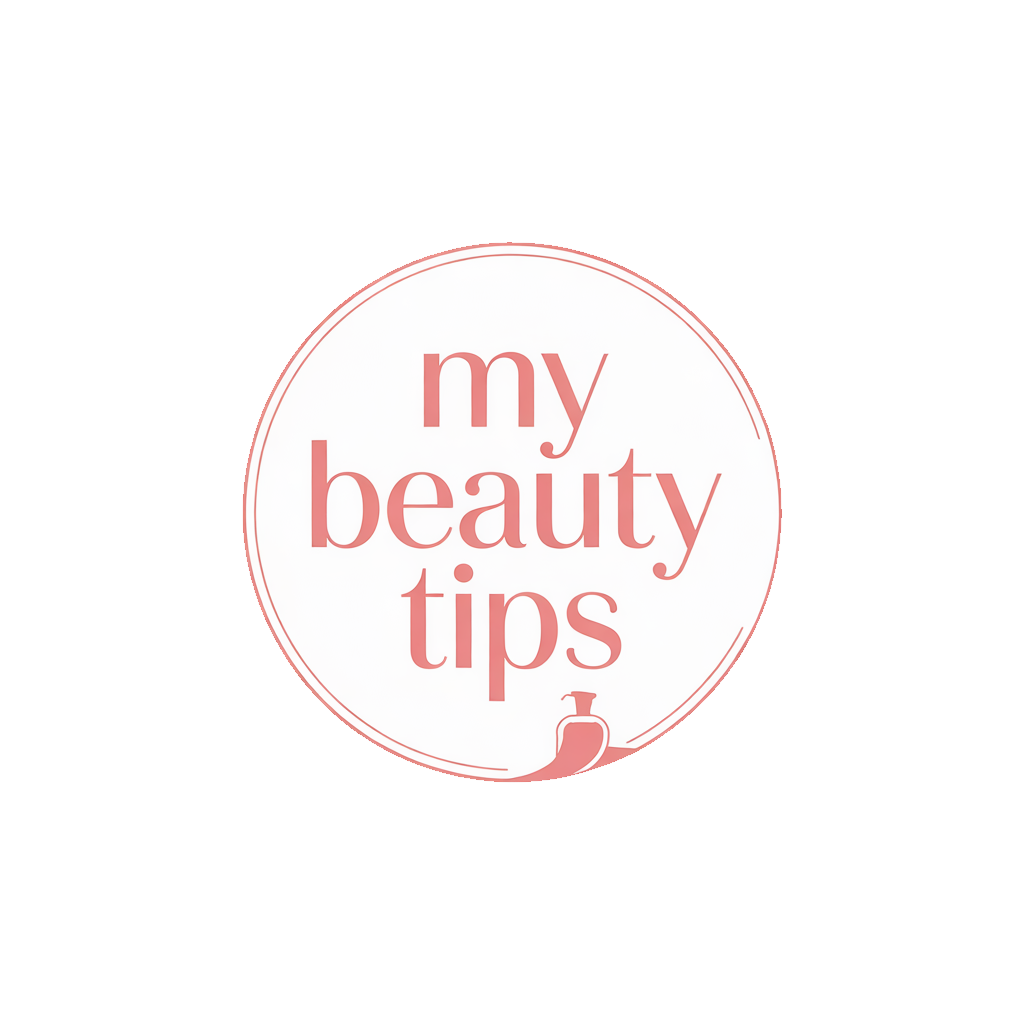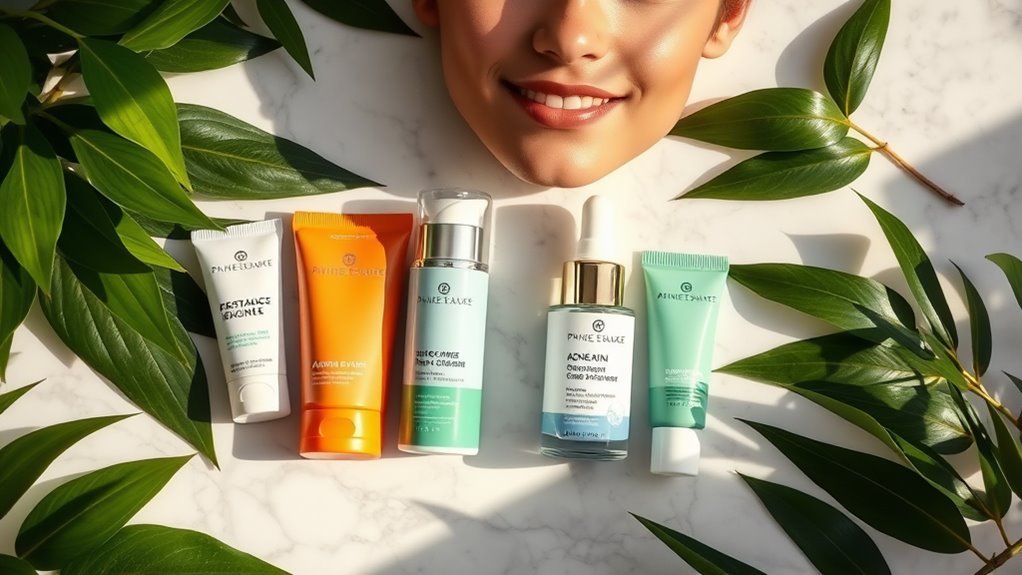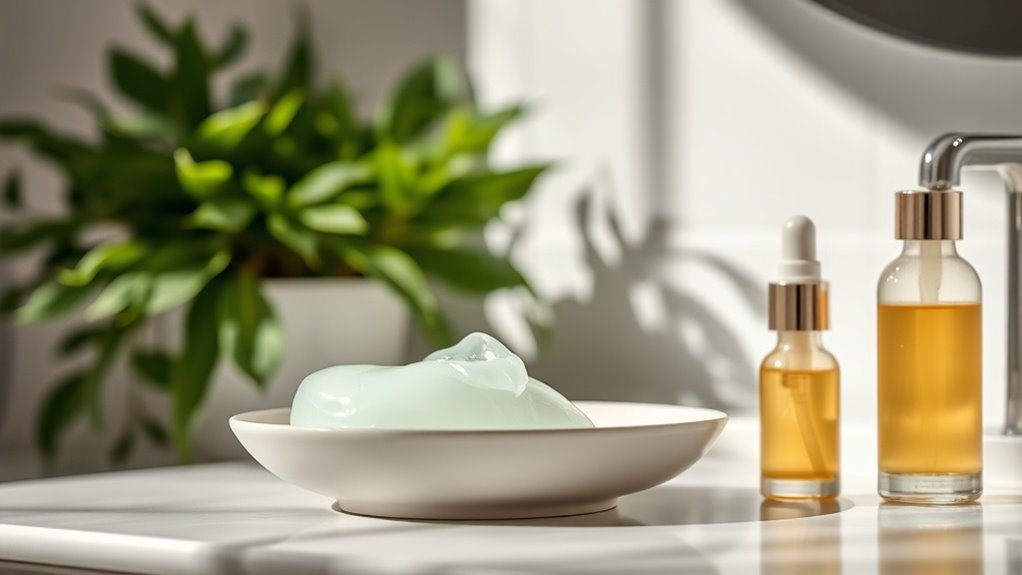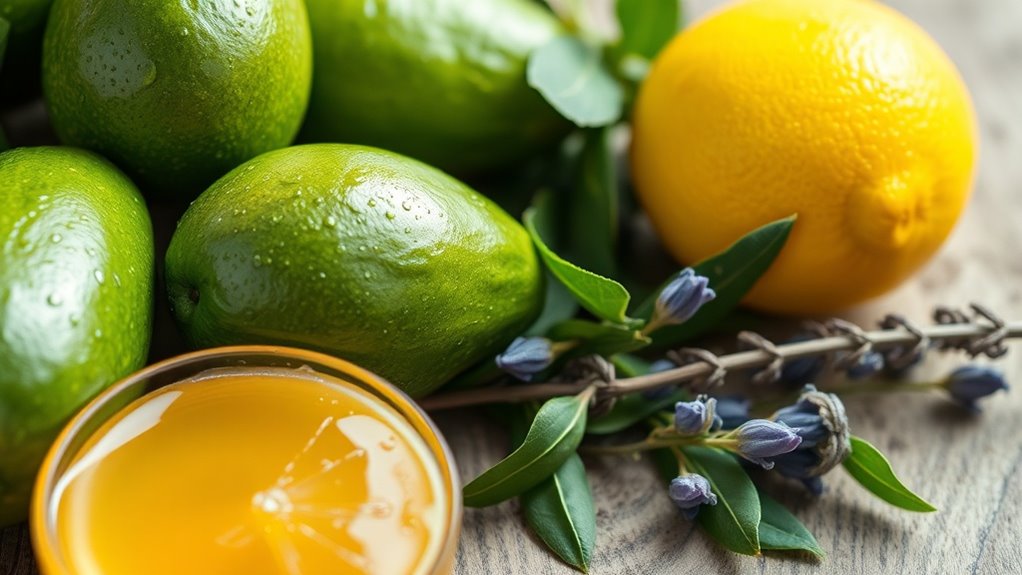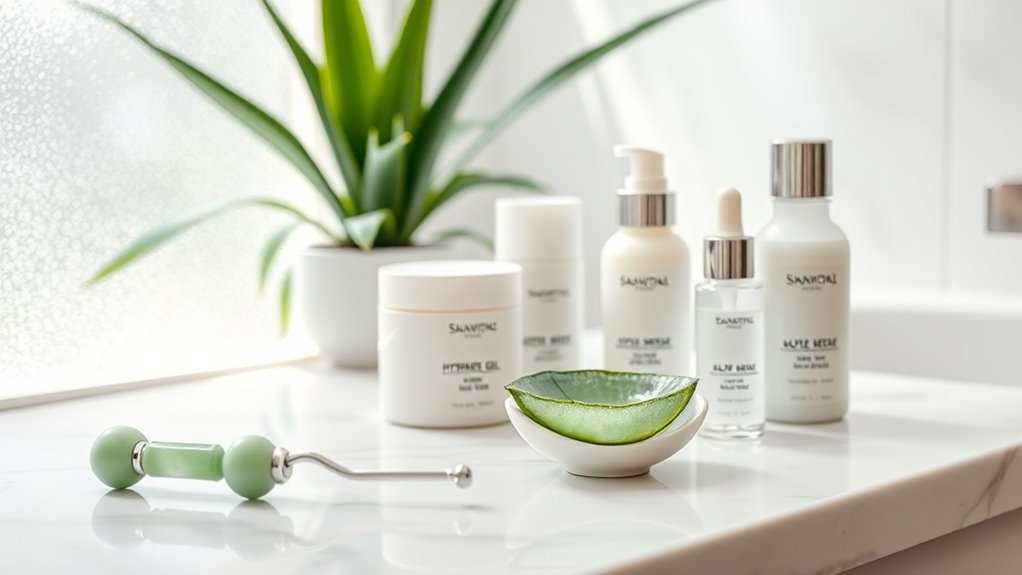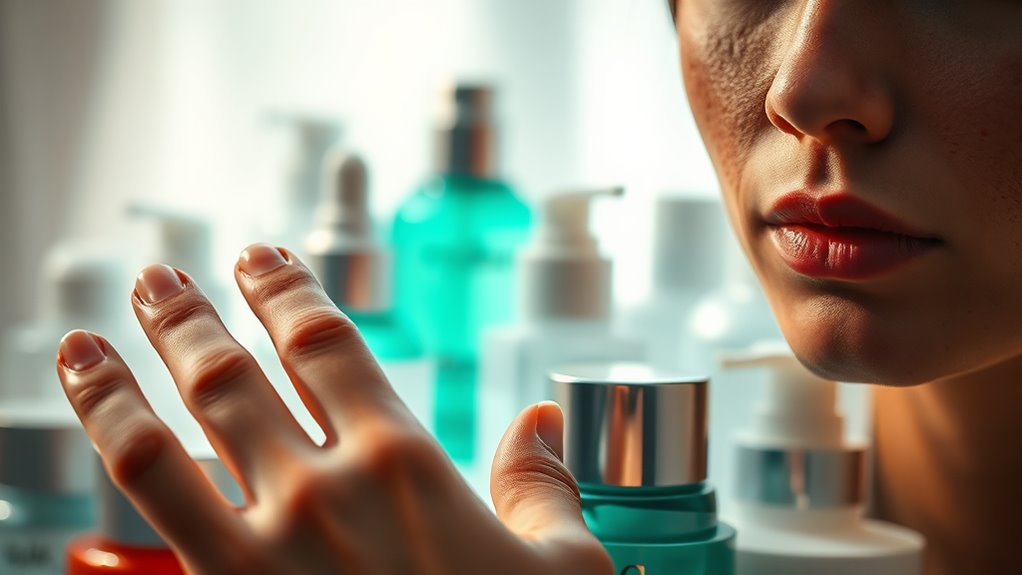5 Acne Myths You Need to Stop Believing Right Now
Acne myths can mislead you into ineffective skincare routines. Many believe that poor hygiene is the primary culprit, but that’s not the case. Hormones and excess oil play a significant role. Additionally, the idea that chocolate and greasy foods cause breakouts is a common misconception. Understanding these myths is crucial for effective treatment. What are the other misconceptions that could be holding you back from clear skin?
Myth 1: Acne Is Caused by Poor Hygiene
How often have you heard that acne results from poor hygiene? This is one of the most common acne myths.
In reality, acne is primarily caused by hormonal changes, excess oil production, and clogged pores.
While maintaining proper skin cleanliness is important, scrubbing your face excessively or using harsh products won’t necessarily prevent acne. Studies show that bacterial overgrowth, not hygiene, often contributes to breakouts.
Furthermore, stress and genetics play significant roles as well. Understanding these factors can help you combat acne more effectively and debunk the misconceptions surrounding its causes. Focusing on balanced skincare instead of solely on hygiene can improve your results.
Myth 2: Eating Chocolate and Greasy Foods Triggers Acne
Could your favorite snacks really be responsible for your breakouts? Many believe that chocolate and greasy foods directly cause acne, but research doesn’t support this.
While high-glycemic foods can increase insulin levels and potentially aggravate acne, the link between chocolate and breakouts is weak.
A study published in the “Journal of the American Academy of Dermatology” found no significant correlation between chocolate consumption and acne severity.
Instead, acne primarily results from hormonal fluctuations, excess oil production, and clogged pores. Additionally, foods that trigger acne can vary from person to person, making it essential to identify your unique dietary triggers.
Focusing on a balanced diet and proper skincare is more effective than blaming your favorite treats for those pesky pimples.
Myth 3: Sun Exposure Helps Clear Up Acne
Many people assume that sun exposure can improve acne due to its drying effect on the skin. However, this is a dangerous misconception.
While UV rays may temporarily reduce inflammation, they can also lead to skin damage and increase oil production.
Studies show that sun exposure exacerbates acne in the long term, as it triggers the skin’s natural defense mechanisms, causing further breakouts.
Additionally, sunburn can worsen existing acne lesions.
Instead of relying on the sun, seek evidence-based treatments like topical retinoids and benzoyl peroxide for effective acne management.
Protecting your skin with sunscreen is crucial for overall skin health. Furthermore, relying solely on sun exposure can lead to increased skin damage, which underscores the importance of comprehensive skincare routines.
Myth 4: Only Teenagers Get Acne
Is it surprising to learn that acne doesn’t just affect teenagers?
In fact, studies show that adults can experience acne well into their 30s, 40s, and beyond. Hormonal fluctuations, stress, diet, and certain medications can all trigger acne in individuals of any age. Adult acne often presents differently, with more cystic lesions and fewer blackheads compared to teenage acne. Approximately 50% of women report acne in adulthood, particularly around menstrual cycles. Understanding that acne isn’t exclusive to adolescence can help you seek appropriate treatment and avoid feelings of isolation, as this condition is more common than you might think. Furthermore, hormonal imbalances can significantly impact your skin health, leading to persistent breakouts.
Myth 5: Popping Pimples Is Effective for Treatment
Why do people believe that popping pimples is an effective treatment for acne?
Many think it provides instant relief, but this isn’t true.
When you pop a pimple, you risk pushing bacteria deeper into the skin, which can lead to more inflammation and scarring.
Studies show that popping can prolong healing time and worsen outbreaks.
Instead of squeezing, consider gentle cleansing and over-the-counter treatments that contain benzoyl peroxide or salicylic acid.
These ingredients target the underlying causes of acne without the adverse effects associated with popping.
Additionally, common acne mistakes often stem from misconceptions about proper skincare, so it’s essential to educate yourself for healthier skin.
Trust your skincare regimen, and resist the urge to pop for healthier skin.
